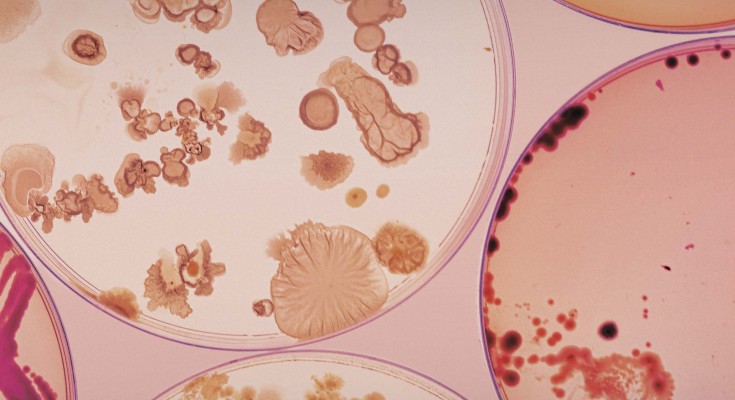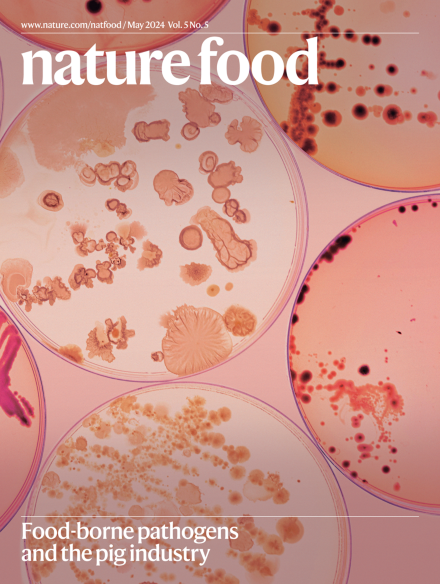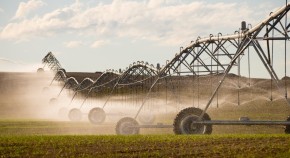
Our May issue is now live
The spread of Salmonella enterica, dish-level GHG emissions, a more ecological chocolate, urbanization and nitrogen, recreational fish as food, circular food systems in Europe… and more!

The spread of Salmonella enterica, dish-level GHG emissions, a more ecological chocolate, urbanization and nitrogen, recreational fish as food, circular food systems in Europe… and more!



Circularity principles and tipping the ratio of animal- to plant-based proteins towards plant-based diets could largely reduce greenhouse gas emissions and land-use change impacts in the EU28, while avoiding micronutrient losses associated with lower animal-based protein intake.